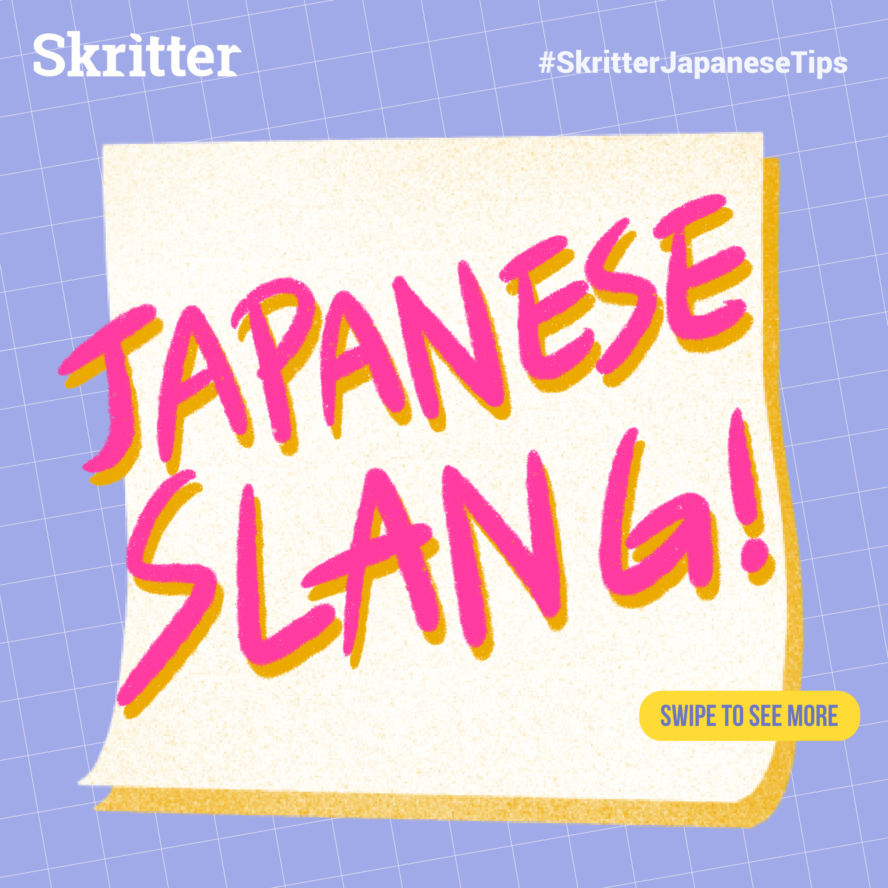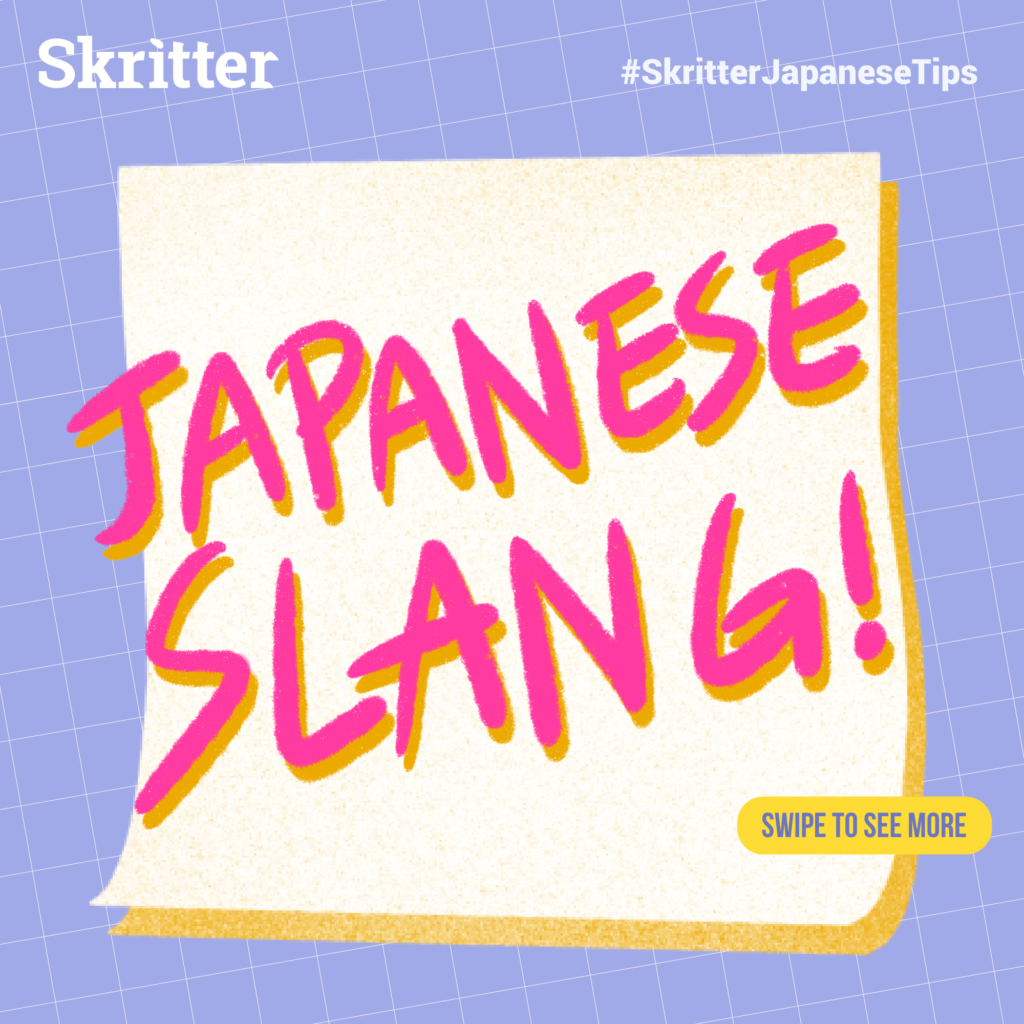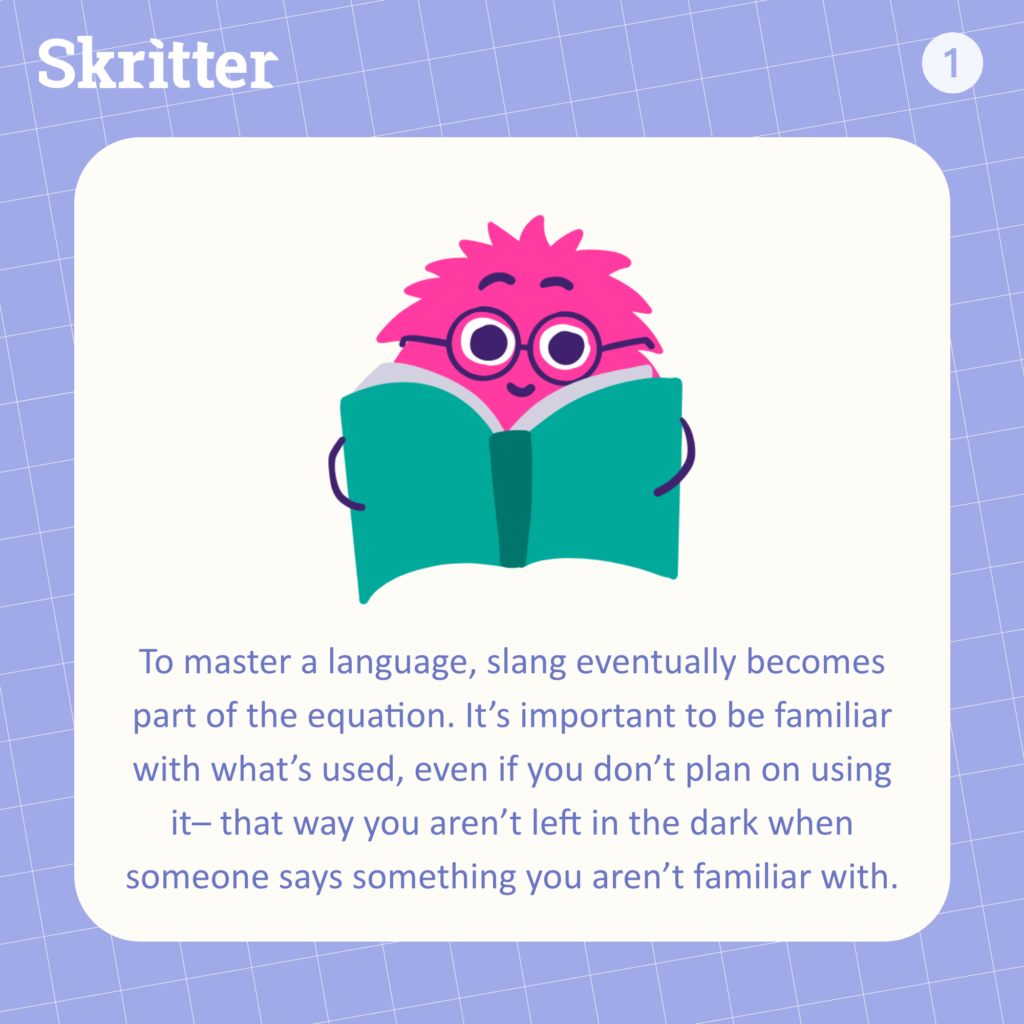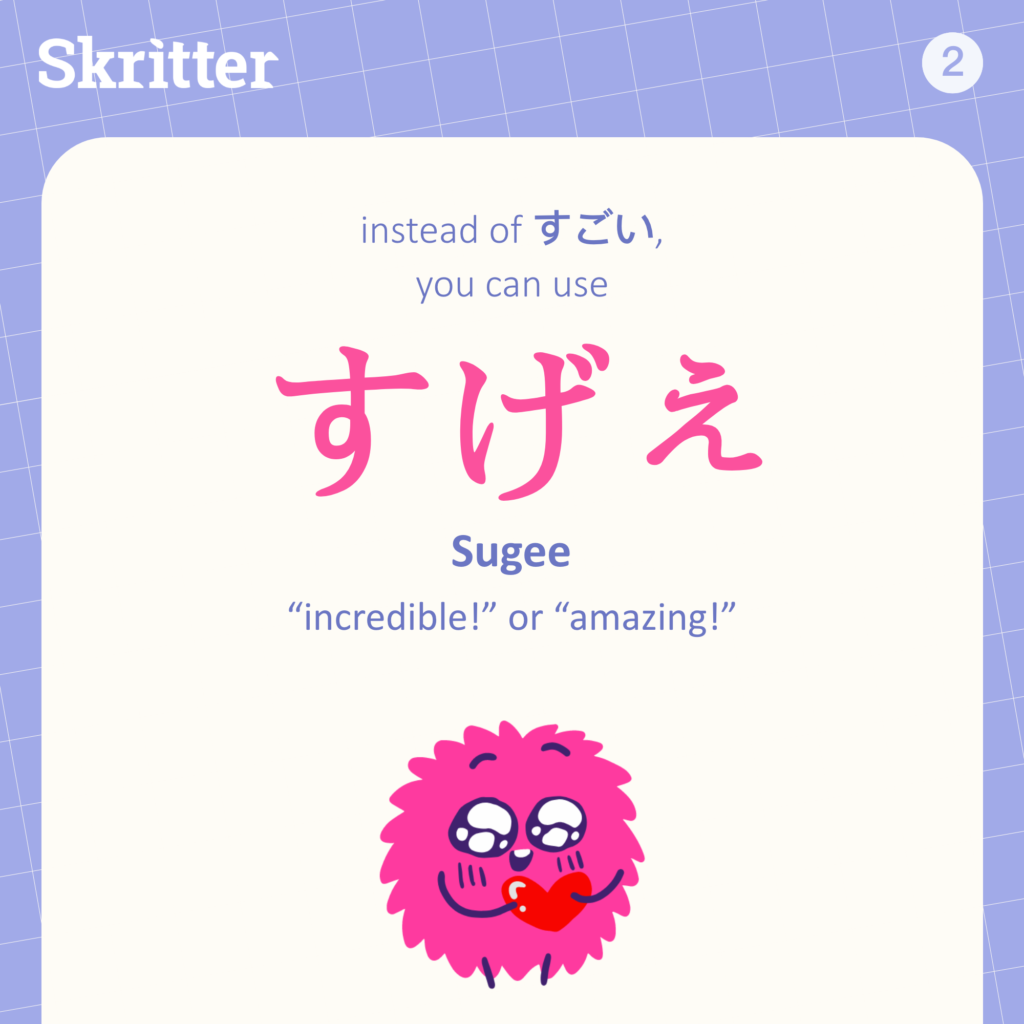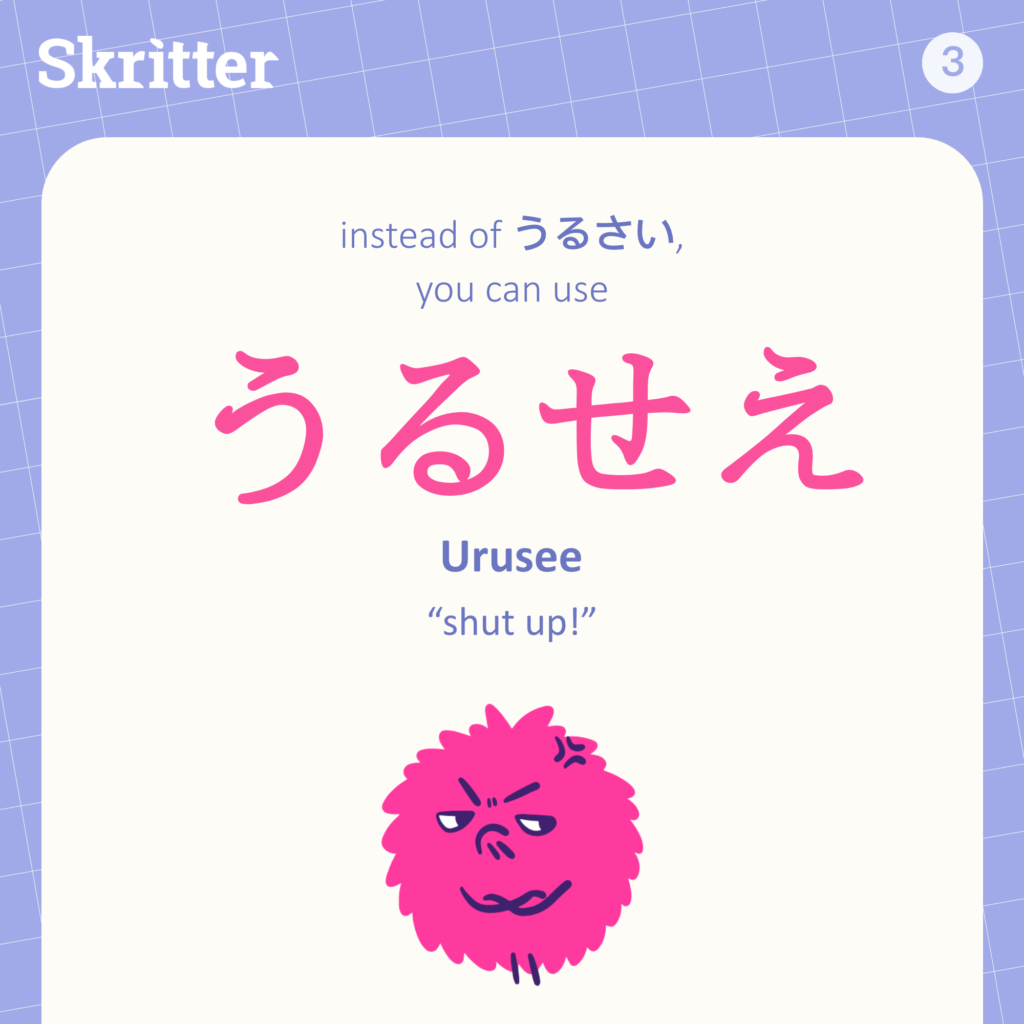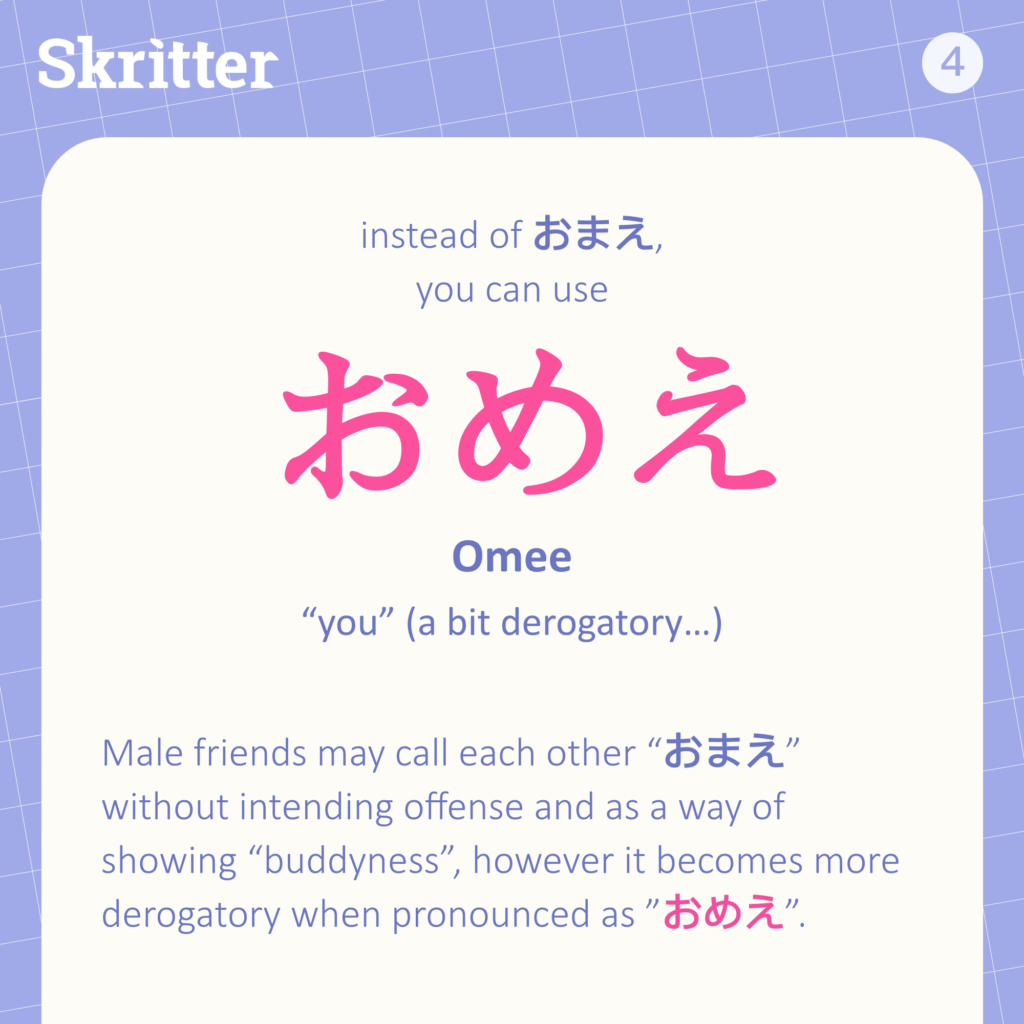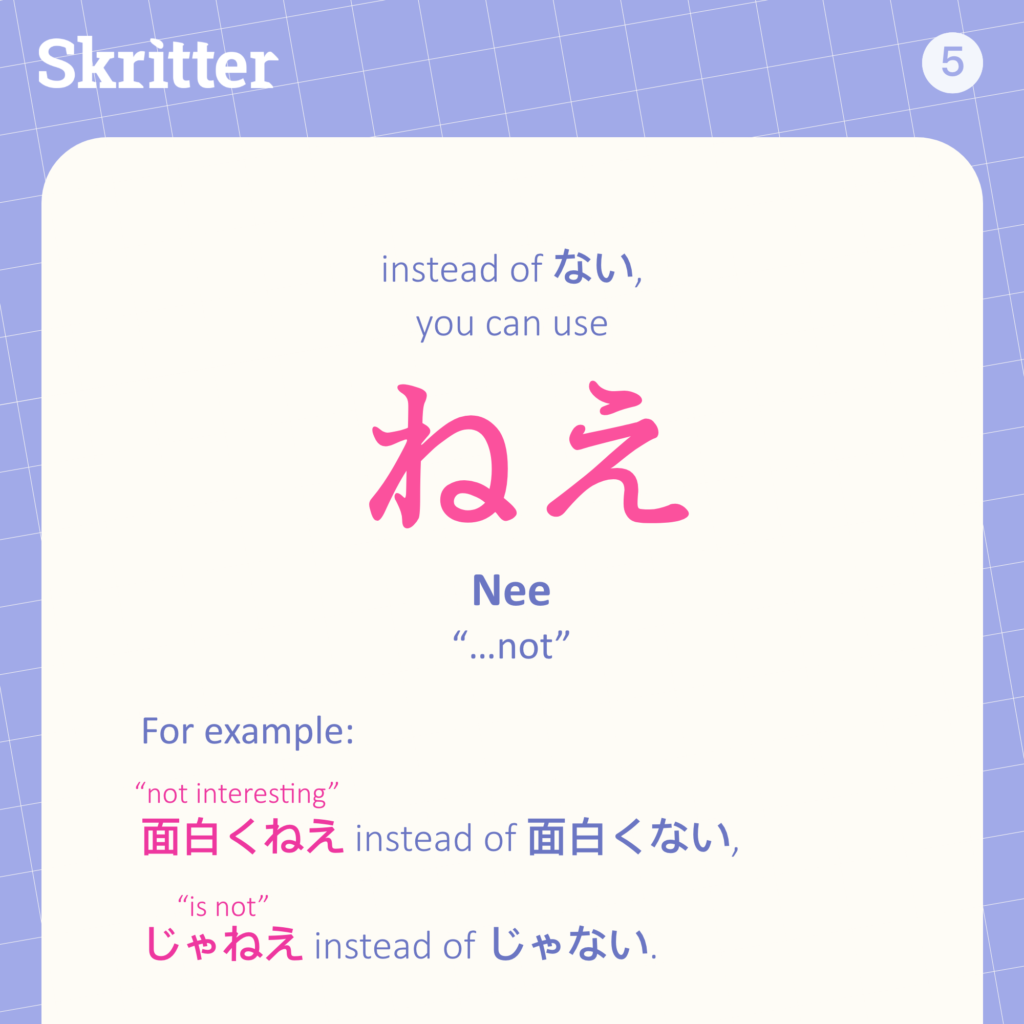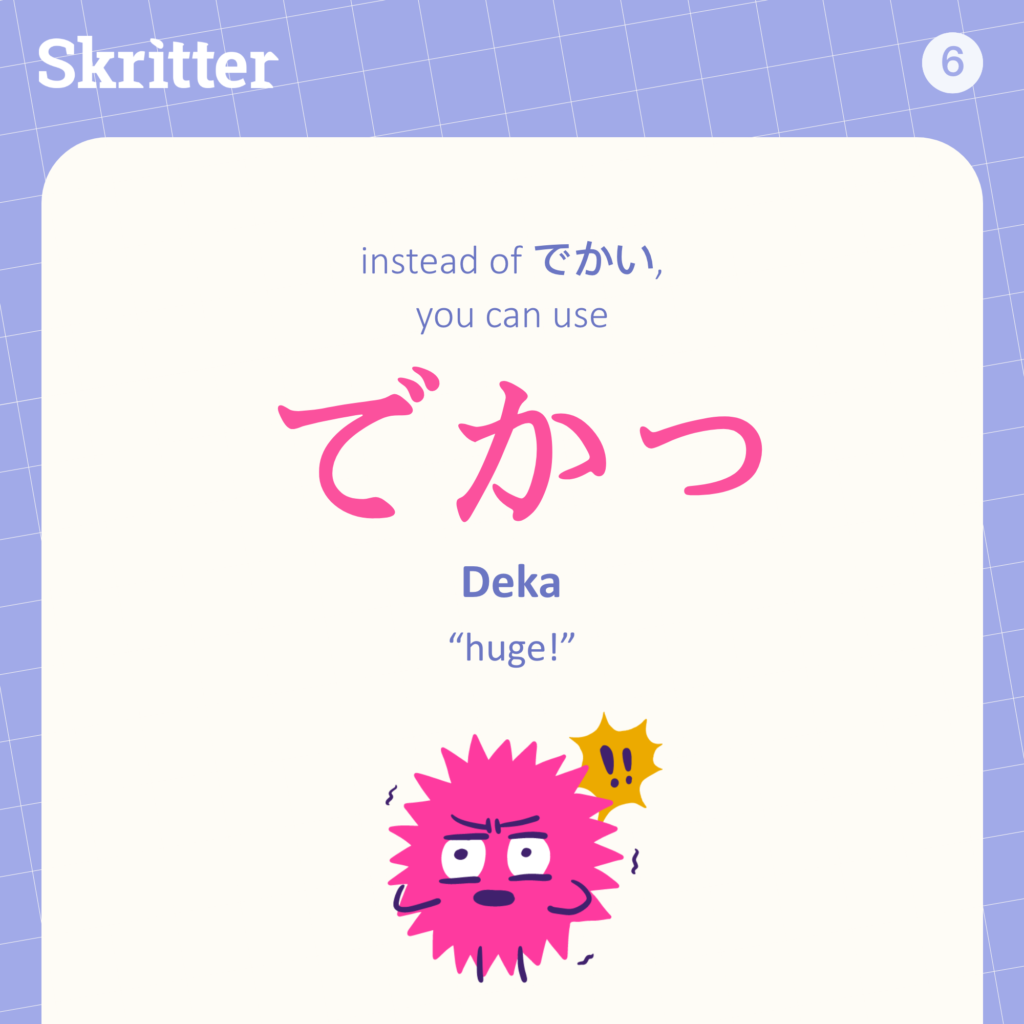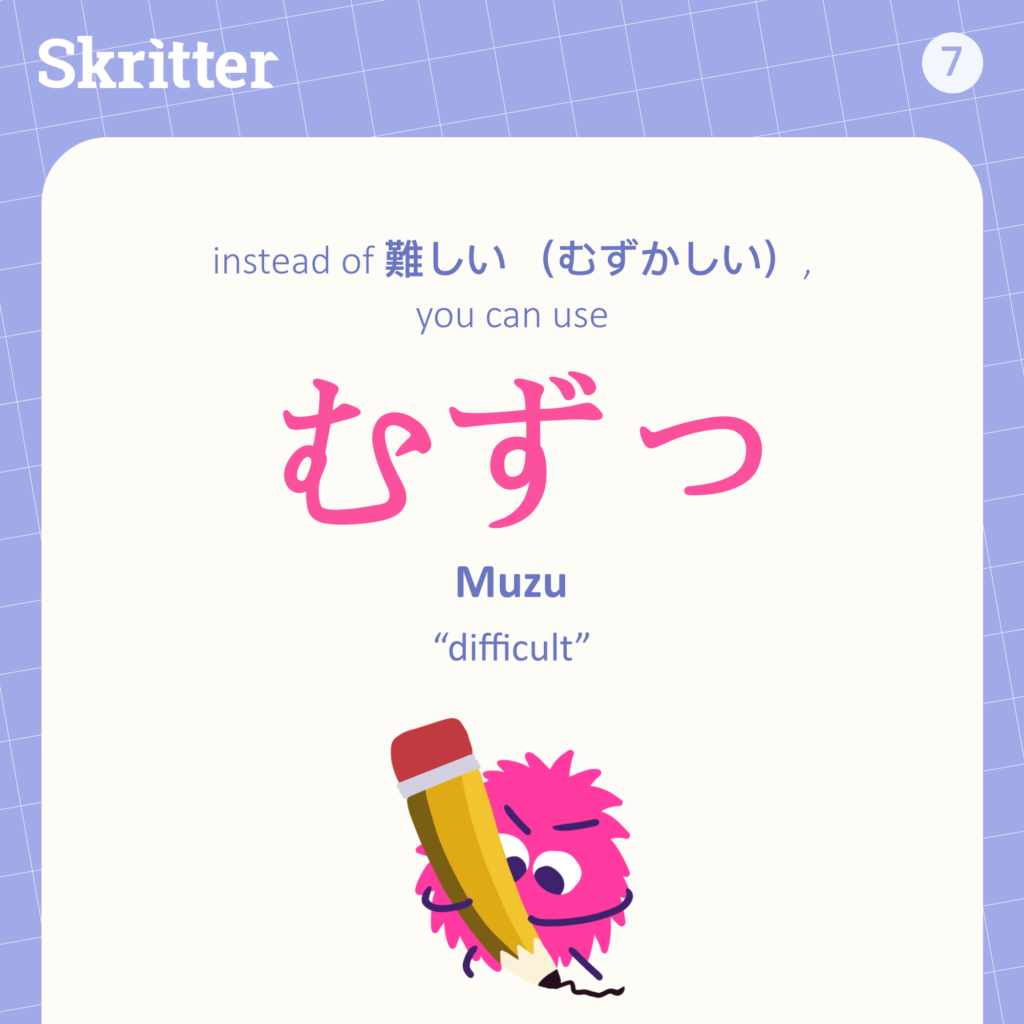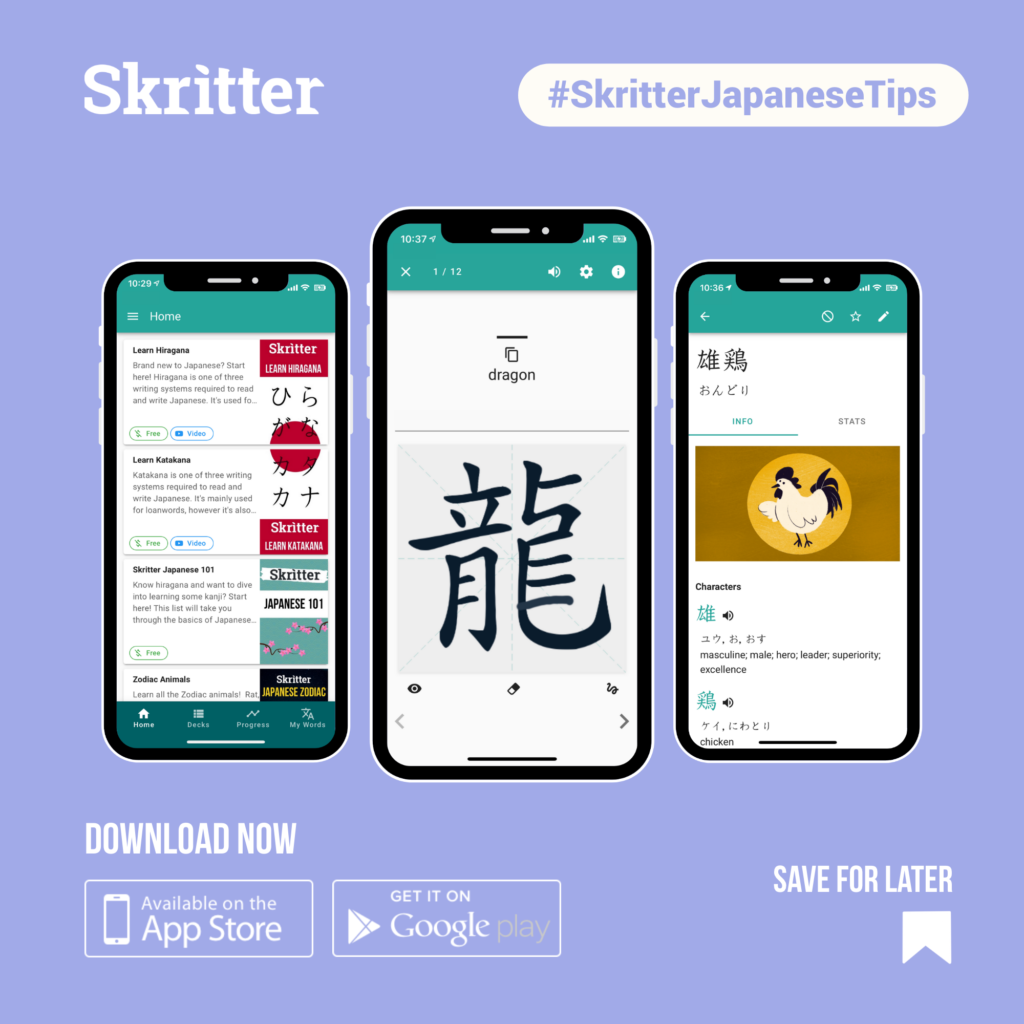To master a language, slang eventually becomes part of the equation. It’s important to be familiar with what’s used, even if you don’t plan on using it– that way you aren’t left in the dark when someone says something you aren’t familiar with.
One common thing a lot of (mostly young and male) Japanese speakers do, which is a bit like an accent and can be considered slang, is pronouncing the end of certain words with an え sound. It’s sort of along the lines of using the word “coo” instead of “cool”, which takes on a slightly different nuance.
Learn all of these words in our special Skritter deck!
Here are some higher frequency words that are often pronounced this way:
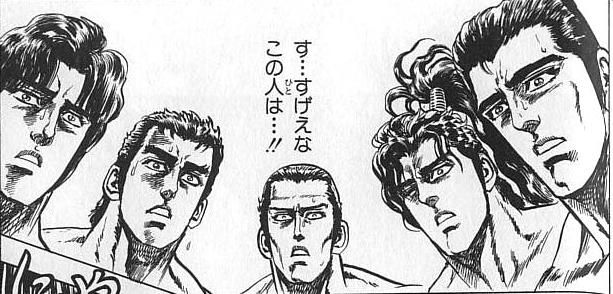
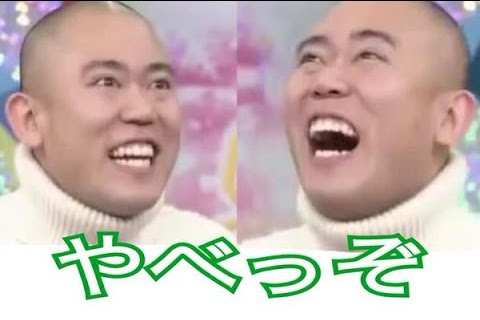
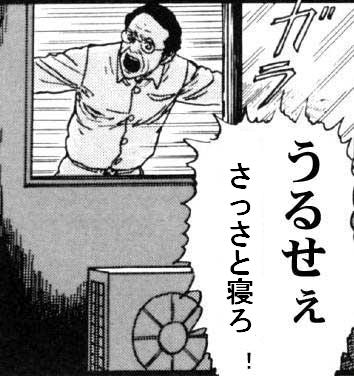
”うるせぇ さっさとねろ!”
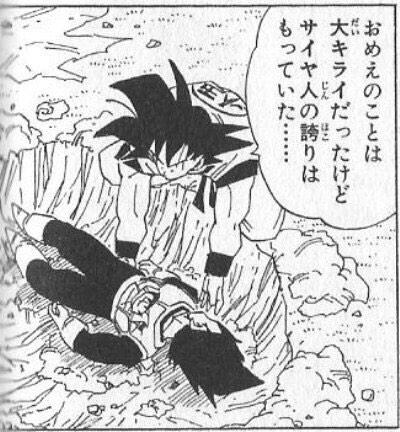
”おめえのことはだいきらいだったけどサイヤじんのほこりはもっていた・・・”
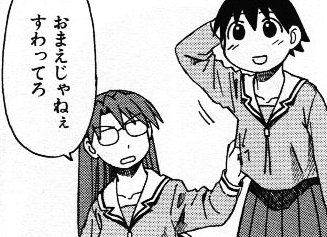
Along those same lines, sometimes words are shortened and the ending left off, again taking on a different nuance. Keep in mind the small つ at the end is to indicate the sound is cut off short, and isn’t pronounced.
Here are some examples:
うまっ
instead of うまい, meaning “delicious!”
More girls use the word うまい nowadays than before, however it’s still thought of as a word used by men, where women usually use “おいしい”.
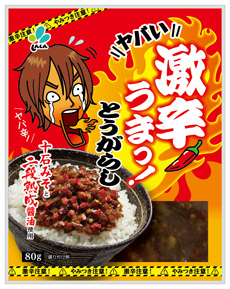
「”ヤバい” げきから うまっ! とうがらし」
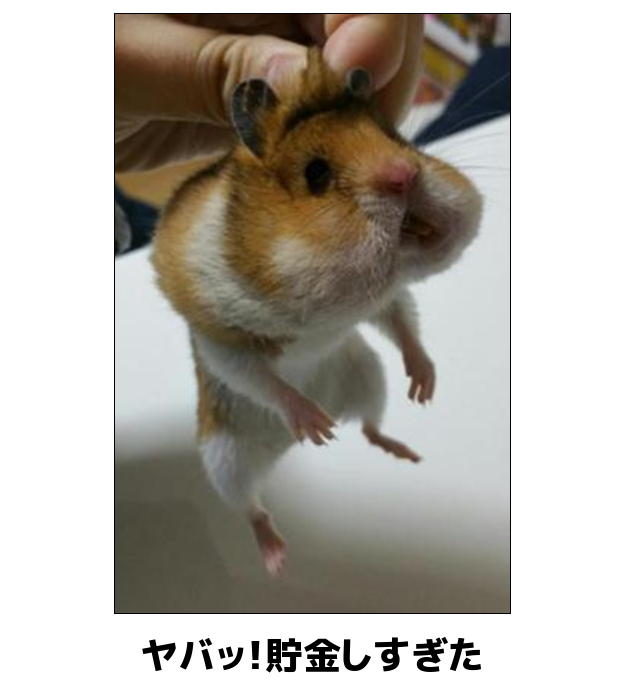
”ヤバッ!ちょきんすぎた”
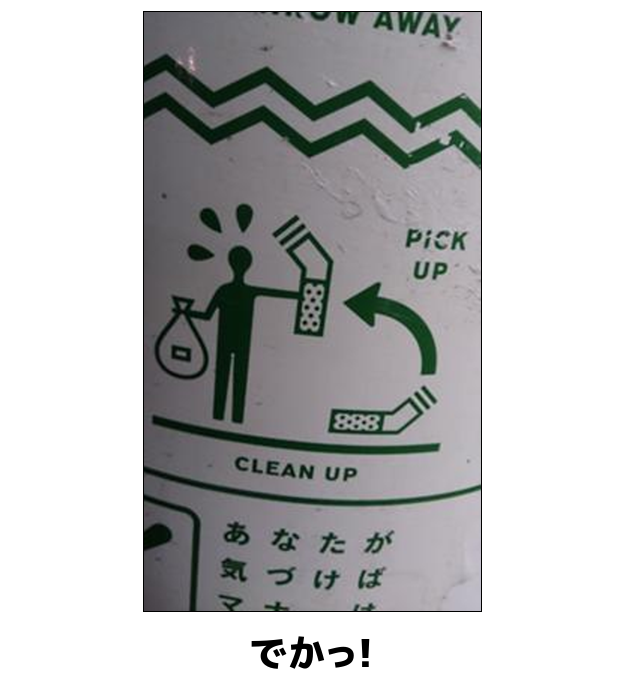
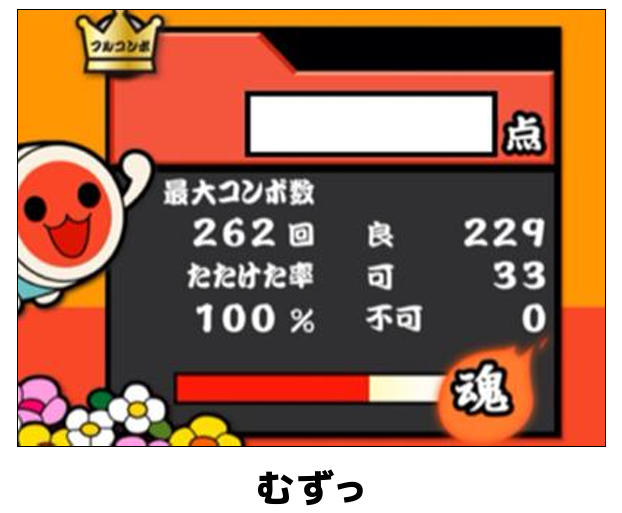
Changing the pronunciation of a word isn’t the only type of “slang” in Japanese, of course.
Here is a list of words commonly used which are considered slang
some have come to be from shortening a longer version of a word:
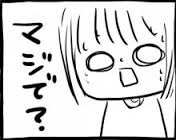
“Seriously?
超 (ちょう)
meaning “super”, or “ultra”, and used a bit like “すごく”.
As an example combining with a word from above, one could say “超でか!”
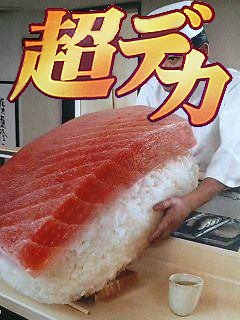
「超デカ」
「ちょうでか」
(Super huge)
メチャ
from 目茶苦茶 (めちゃくちゃ), meaning “absurd” or “extreme”.
It’s used a lot like 超 above.
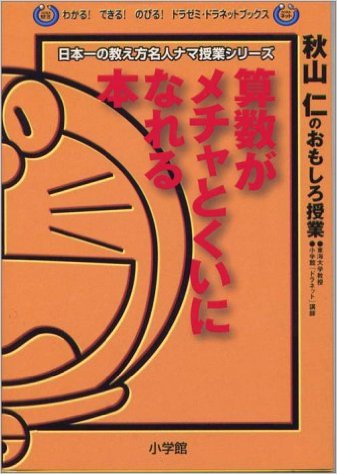
「算数がメチャとくいになれる本」
「さんすうがメチャとくいになれるほん」
(A book that will make you extremely good at arithmetic)
ブス
from 不細工(ぶさいく), meaning “ugly”.
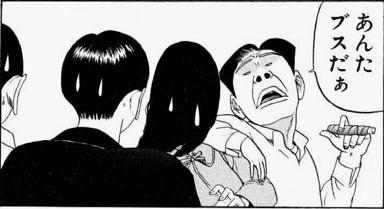
”あんた ブスだぁ”
“You’re ugly”
キモい
from 気持ち悪い (きもちわるい), meaning “gross” or “disgusting”, or “creepy”.
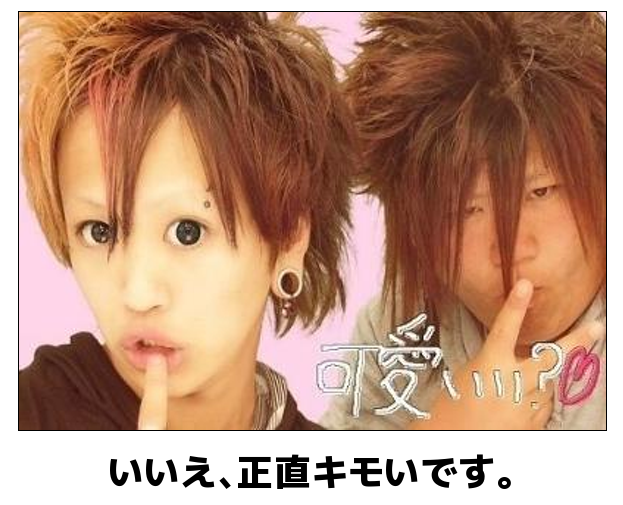
「可愛い?」
「かわいい?」
from うるさい, meaning “annoying” or “noisy”.
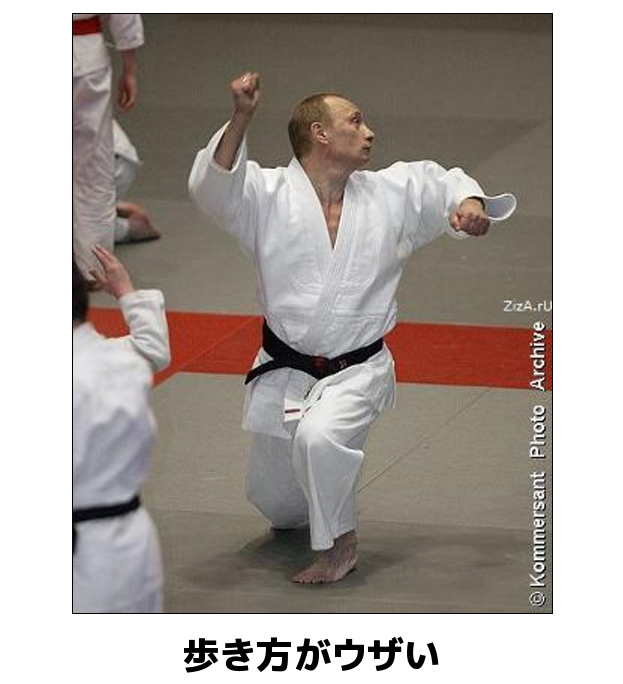
「歩き方がウザい」
「あるきかたがウザい」
(His manner of walking is annoying)
微妙
meaning “questionable” or “delicate (situation)”.
It can also be used to explain that something sort of sucked.
Keep in mind maintaining 和(わ), or harmony is important, which is why Japanese at times can seem so vague, evasive, or cryptic, so if you describe something as questionable with “微妙”, it’s in other words “not-so-good”.
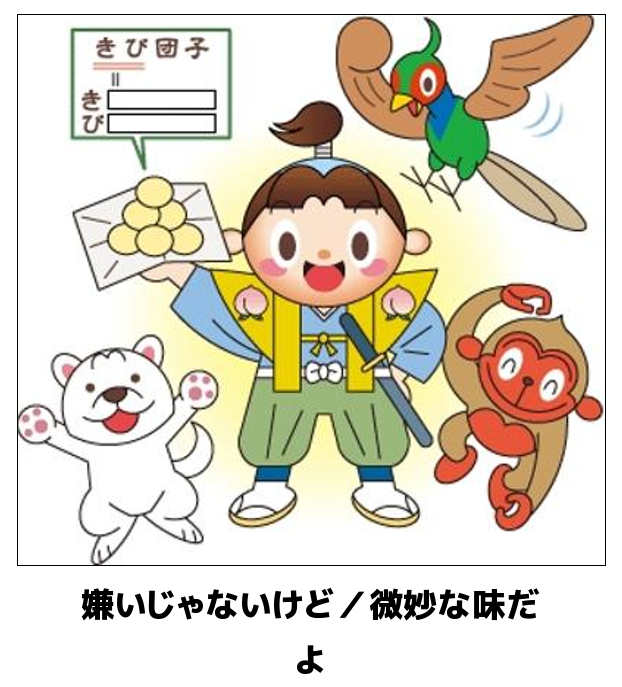
「きび団子=き:_ び:_ 」
「きびだんご=き:_ び:_」
(きび団子 is a a type of dumpling made with mochi flour, and is part of the famous 物語 (ものがたり, meaning Japanese fairy tale) 桃太郎 (ももたろう、meaning Peach Boy), as seen in the image above).
~ち
instead of うち, meaning “home”.
For instance, “オレんち” which is short for ”オレのうち”.
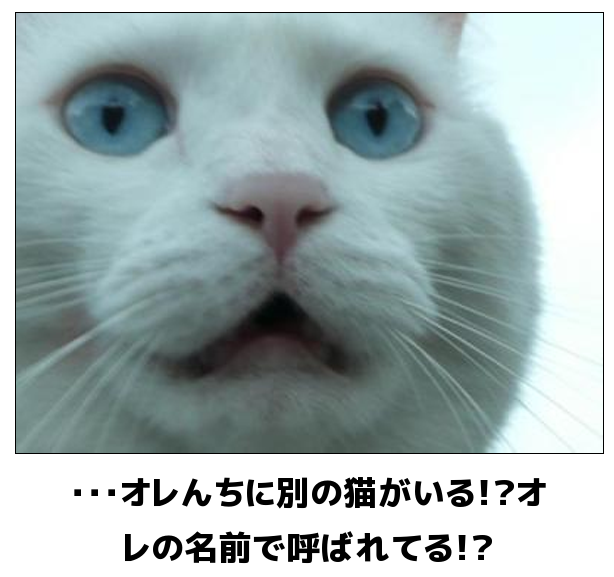
”オレんちに別の猫がいる!?オレの名前で呼ばれてる!?”
”オレんちにべつのねこがいる!?オレのなまえでよばれてる!?”
“There’s another cat in my house!? And it goes by my name!?
Learn all of these words on Skritter!
https://skritter.com/vocablists/view/6477809099341824

